NASA’s UFO Task Force to Meet – You Can Stream it Live
31st May 2023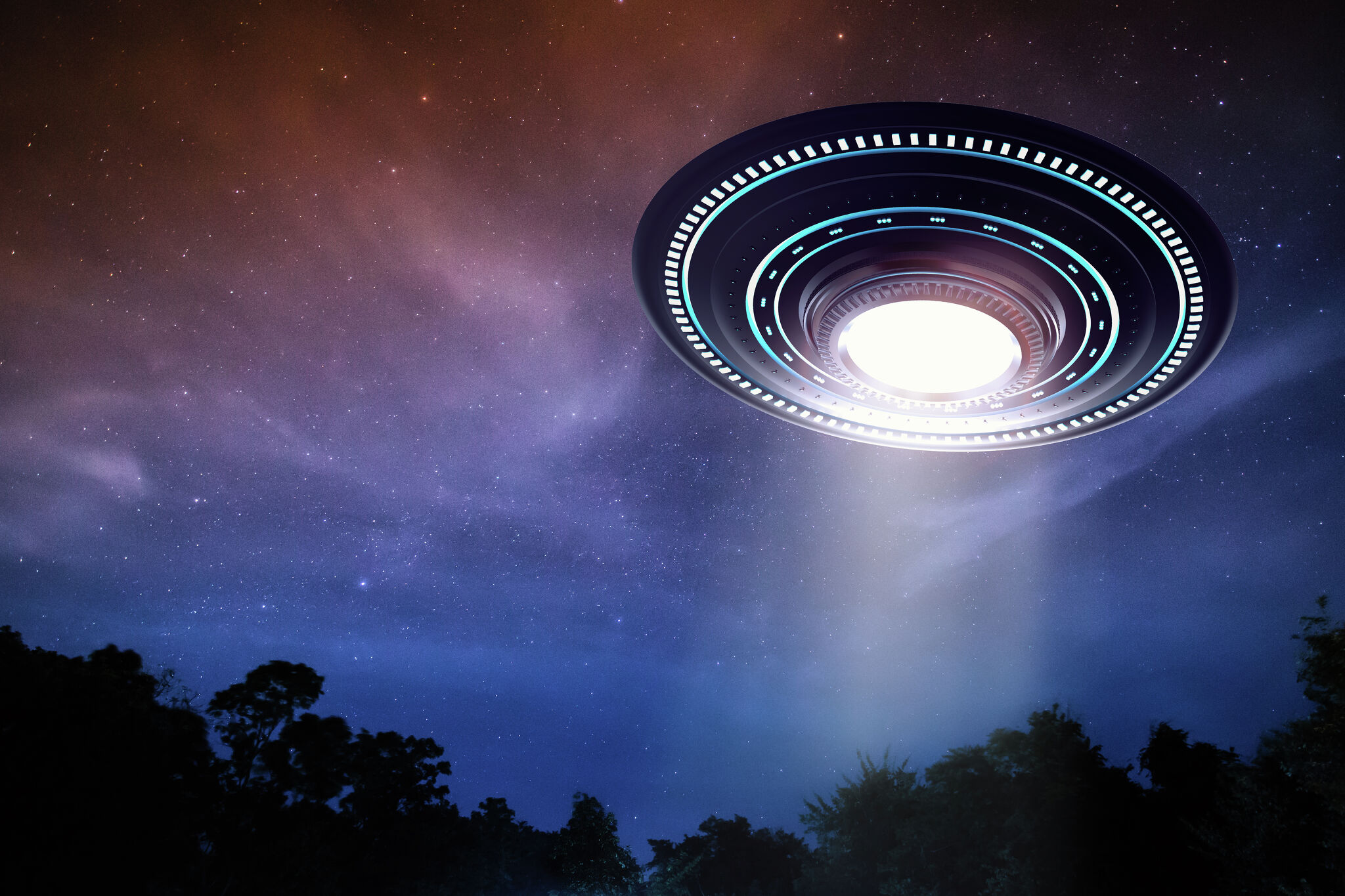
NASA has announced that this week’s public meeting regarding UFOs can be watched free all over the world via a webcast.
NASA’s “independent study group” which has studied UAPs or “Unidentified Anomalous Phenomena” is set to meet at 10:30 a.m. ET (1430 GMT).
The event will be streaming for around four hours, and will include an audio stream of conferences scheduled to take part afterwards. These will include discussions with Dan Evans from NASA’s Science Mission Directorate, plus David Spergel, the chair of the UAP study group.
You will be able to watch the meeting via NASA’s official YouTube channel and stream:
What to expect from the event?
The group is yet to share its findings in public, meaning this is a particularly notable event. The group was only formed in 2022, and among its mission objectives was the task to “move the scientific understanding of UAPs forward.”
The group consists of many experts from the aerospace industry as well as scholars and experienced space professionals such as NASA astronaut Scott Kelly. NASA is not alone in exploring the unexplained. The ESA recently announced a simulated “first contact” experience as part of an artistic project.
Those who are expecting revelations around UFOs might be disappointed, as the team has only been given access to unclassified data and the director explained to the Senate Committee on Armed Services recently that the group, thus far, had uncovered “no credible evidence thus far of extraterrestrial activity, off-world technology or objects that defy the known laws of physics.”
The goal of the group isn’t to unveil little green men. Former Associate Administrator for the Science Mission Directorate at NASA, Thomas Zurbuchen, explained the goal was to “take a field that is relatively data poor and make it into a field that is much more data rich and therefore worthy of scientific investigation and analysis.”
He went on to provide a more philosophical output of some of the science of UFOs and UAPs: “In a traditional type of science environment, talking about some of these issues may be considered kind of selling out or talking about things that are not actual science,” he went on. “I just really vehemently oppose that. I really believe that the quality of science is not only measured by the outputs that come behind it but also the questions we’re willing to tackle with science.”

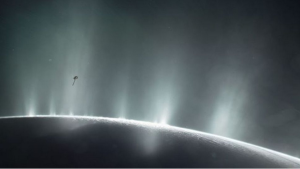
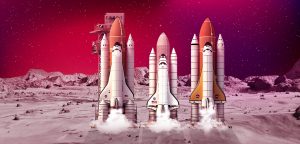

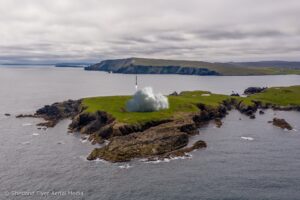
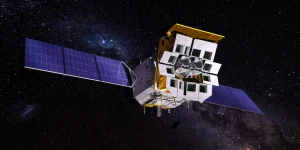
Thank you for your comment! It will be visible on the site after moderation.